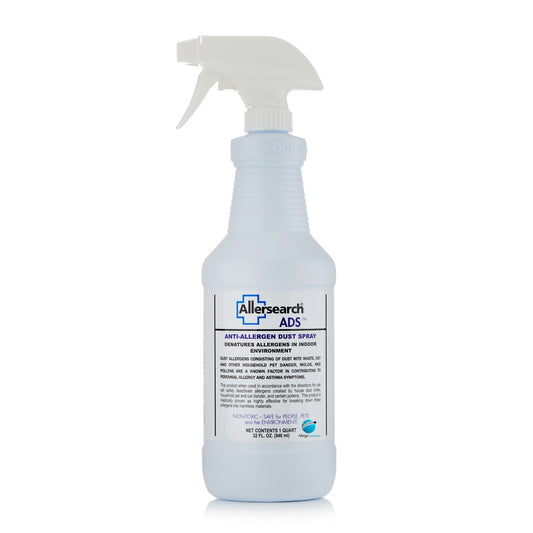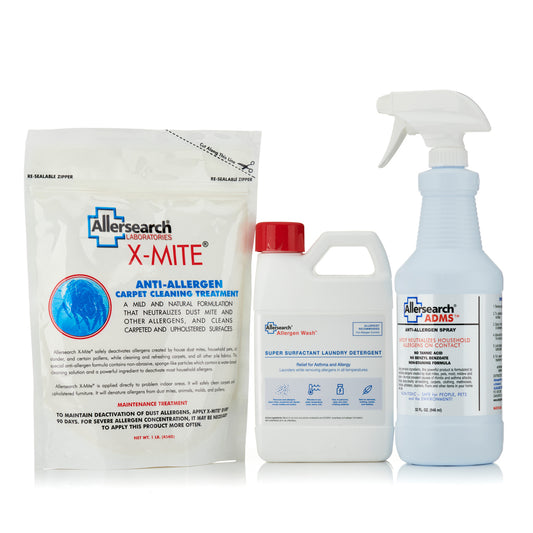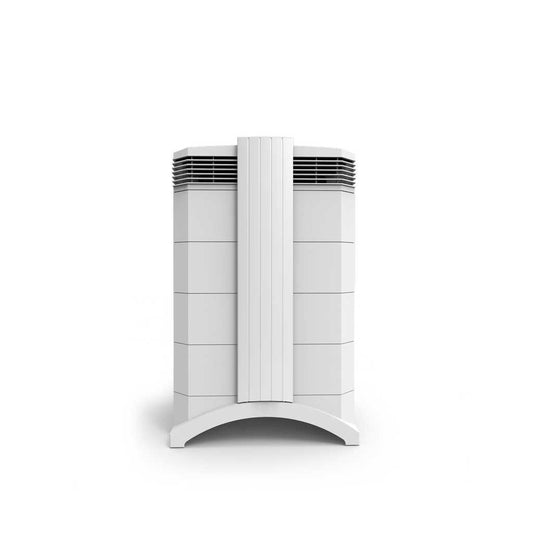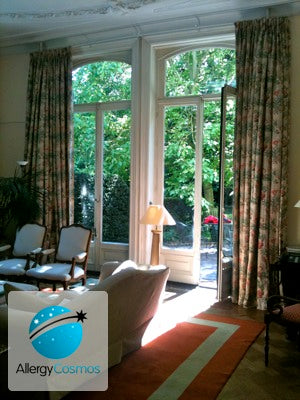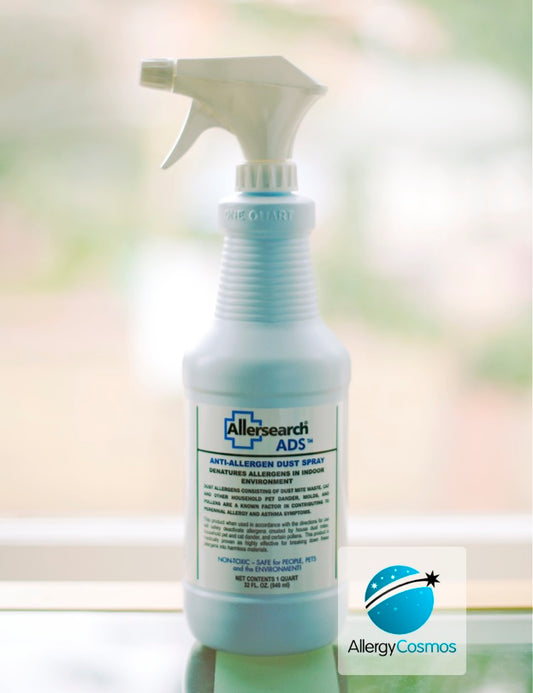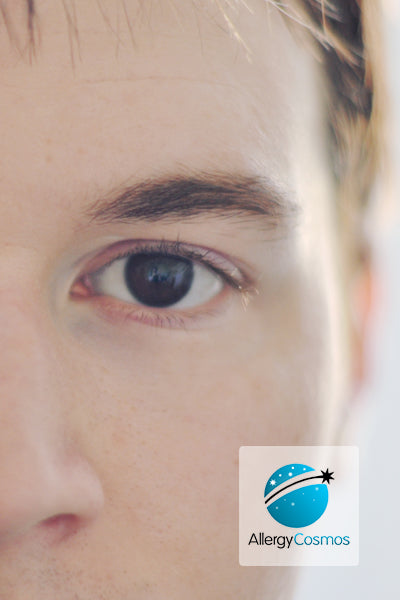
Allergic Conjunctivitis
Sore eyes – rather than a blocked or a runny nose - are for some people with allergies the most common symptoms. Red, sore, watery eyes are especially common in hay fever, with the conjunctiva becoming inflamed and the tissue around the eyes swollen. Sore eyes can be prevented by avoiding the offending allergens. However, medication such as an antihistamine can also be used to reduce allergic eye symptoms.
Frequently Asked Questions
What are the symptoms of sore eyes?
What causes sore eyes?
What kind of allergens cause eye problems like sore eyes?
What might cause ocular contact dermatitis?
How can sore eyes be treated?
How can I prevent sore eyes?
Related Products
-
ADS Anti-Allergen Dust Spray
Regular price £26.95Regular priceUnit price per -
Allergy & Asthma Free Home Package
Regular price £65.95Regular priceUnit price per -
IQAir HealthPro 100 Air Purifier
Regular price £899.00Regular priceUnit price per

